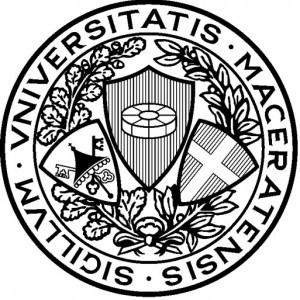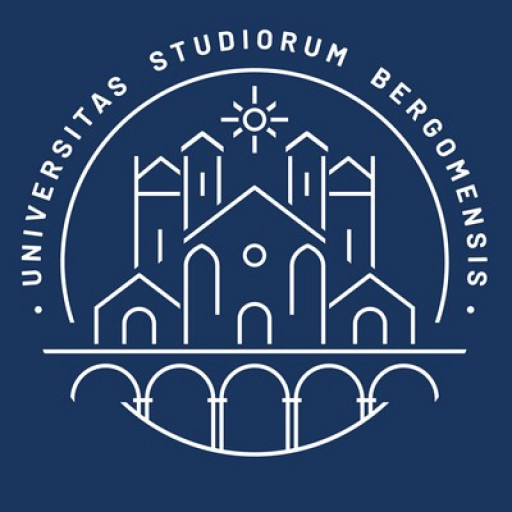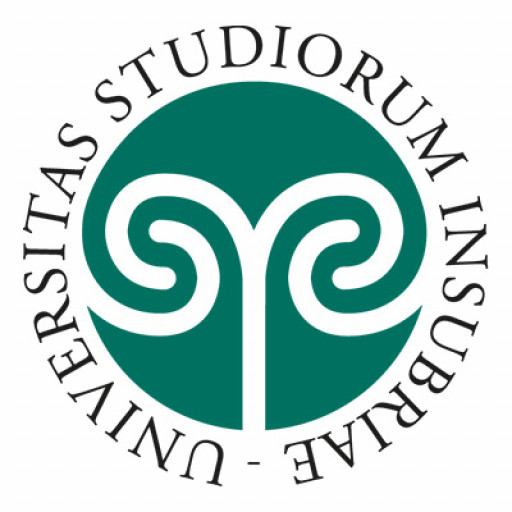Photos of university / #uniessex
Modern Language and Linguistics at the University of Essex offers students an exceptional opportunity to explore the complexities of language in its many forms and contexts. This interdisciplinary programme combines the study of language structure, use, and acquisition with cultural and social aspects, providing a comprehensive understanding of modern languages and their role in society. Students can choose from a variety of languages, including French, German, Spanish, and others, tailoring their studies to match personal interests and career aspirations. The curriculum covers core areas such as phonetics, syntax, semantics, pragmatics, and sociolinguistics, allowing students to develop a solid foundation in linguistic theory and analysis.
Throughout the programme, emphasis is placed on developing advanced language skills, including speaking, listening, reading, and writing, to ensure students can competently communicate in their chosen language(s). In addition, students will engage in cultural studies, exploring literature, film, history, and contemporary issues related to the language regions. This interdisciplinary approach fosters critical thinking and cultural awareness, preparing graduates for diverse careers in education, translation, international business, diplomacy, media, and research.
The programme offers opportunities for internships, study abroad, and collaborative projects, enhancing practical experience and global outlook. Students will also have access to state-of-the-art facilities, including language laboratories and resource centers, to support their learning journey. Faculty members are experienced researchers and practitioners who provide personalized supervision and mentorship, encouraging academic excellence and innovative thinking.
Graduates of the Modern Language and Linguistics programme will possess a deep understanding of language systems combined with intercultural competence, making them highly employable in today’s interconnected world. Whether aiming for a career in linguistics, translation, teaching, or further academic study, students will be well-equipped with the skills, knowledge, and experience to succeed in their chosen field. Enrolling in this programme means immersing oneself in the study of language as a powerful tool for communication, cultural exchange, and societal development, fostering both personal and professional growth.
Detailed Course Facts
Application deadline January 15 Tuition fee- GBP 9000 Year (EEA)
- GBP 11950 Year (Non-EEA)
- English
Course Content
The special characteristics of our course are flexibility and choice. In your first year you take two compulsory modules and two language options. During your second and final years you take two linguistics modules and two language modules. You spend your third year abroad. There is a great deal of choice for these optional modules due to the extensive range of modules offered by our departments.
With a small number of exceptions, if you successfully complete the first year of your BA, then you are qualified to enter the second year of that course and a range of other courses: for example, if you take economics, politics, philosophy and sociology, then you have a choice of at least nine possible single or joint honours courses at the end of your first year. This means you can change your course, providing you have taken the appropriate pre-requisites and places are available.
We operate a credit framework for our awards, which is based on principles widely used across the UK university sector. Each module has a credit rating attached and our standard three-year course consists of 360 credits (120 credits in your first year, and 240 credits across your second and final years).
Please note that module information on our course finder provides a guide to course content and may be subject to review on an annual basis.
Year 1
Foundations of Linguistics;
Foundations of Psycholinguistics or Foundations of Sociolinguistics; and
two language options
Year 2
Two linguistics options; and
two language options
Year 3
Year abroad
Year 4
Two linguistics options; and
two language options
English Language Requirements
IELTS band : 6
To study at this university, you have to speak English. We advice you to
take an IELTS test. More About IELTSRequirements
- A-levels: ABB-BBB
- GCSE English: C
- IB: 32-30 points (we consider IB certificates at the Higher Level on a case-by-case basis)
- Achievement of the Access to HE Diploma with a minimum of 6 level three credits at distinction and the remainder at merit (or above) or achievement of the Access to HE Diploma with a minimum of 45 level three credits at merit (or above).
- If French or Portuguese is taken as the major language, A-level French or Portuguese/Spanish (or equivalent) is required. German, Italian and Spanish can be studied as the major language either from scratch, via our intensive route, or via our post A-level route. All languages can be studied from scratch as the minor language.
- If you are interested in studying a language for which you consider yourself to be a native speaker, please contact our Undergraduate Admissions Office.
English language requirements for applicants whose first language is not English: IELTS 6.0 overall with minimum 5.5 in each component (or equivalent). Different requirements apply for second year entry.
Work Experience
No work experience is required.
Related Scholarships*
- Academic Excellence Scholarship
"The Academic Excellence Scholarship can provide up to a 50 % reduction in tuition per semester. These scholarships will be renewed if the student maintains superior academic performance during each semester of their 3-year Bachelor programme. The scholarship will be directly applied to the student’s tuition fees."
- Access Bursary
Bursary for UK students all subjects where the variable tuition fee rate is payable.
- Alumni Bursary
Alumni Bursary for UK Undergraduate students
* The scholarships shown on this page are suggestions first and foremost. They could be offered by other organisations than University of Essex.
Funding
For up-to-date information on funding opportunities at Essex, please visit: www.essex.ac.uk/studentfinance.
Modern Language and Linguistics at the University of Essex offers a comprehensive and engaging curriculum designed to develop students' understanding of language structure, use, and variation across different cultures and societies. The program combines theoretical linguistics with practical language skills, enabling students to gain proficiency in at least one modern foreign language, such as French, Spanish, or German, alongside a deep understanding of linguistic theories and applications. The course explores diverse areas, including phonetics, syntax, semantics, pragmatics, socio-linguistics, psycholinguistics, and applied linguistics, providing a well-rounded perspective on language phenomena.
Students have the opportunity to study language acquisition, language change, and multilingualism, equipping them with insights into how languages evolve and how they are used in multilingual contexts. The program emphasizes critical analysis, research skills, and real-world applications, preparing graduates for careers in education, translation and interpretation, language technology, international business, and research. The university provides state-of-the-art facilities, including multimedia labs and access to extensive linguistic databases, to support practical coursework and research projects.
Additionally, students are encouraged to participate in study abroad programs and internships, enhancing their cultural competence and employability. The curriculum is designed to foster critical thinking, effective communication, and the ability to analyze complex linguistic data. Throughout their studies, students receive personalized academic support and are encouraged to engage with current debates and innovations in the fields of language and linguistics. Graduates of this program are well-equipped to pursue postgraduate studies or enter professional roles that demand strong language and analytical skills, making it an excellent choice for those passionate about language, culture, and communication.






